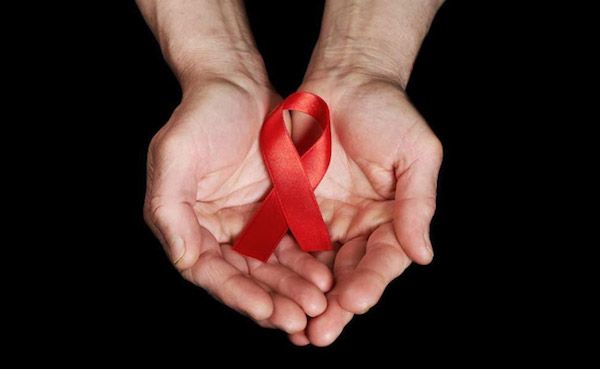

The number of people living in Guernsey diagnosed as HIV positive continues to rise but, early diagnosis means individual prognosis is now "good".
HIV infection is now longer considered a fatal virus, but is instead treated as a chronic life-long infection. That's due to the introduction of effective antiretroviral therapy (ART) in the mid-1990s. This, along with education on the importance of early diagnosis has meant more individuals are being tested in the Bailiwick.
Dr Nicola Brink, Acting Director of Public Health in Guernsey says: "The increased numbers of HIV diagnoses seen between 2015 and 2017 is partially the result of an Island-wide initiative, involving both Primary and Secondary Care, as well as the Orchard Centre and Choices, to promote the early diagnosis of HIV infection with the associated individual (improved survival and quality of life) and public health (reduced transmission) benefits."
Up until 2006 there were 28 people living with HIV in the Bailiwick, the cumulative figures starting in 2006 are as follows:
|
Year |
Cumulative HIV total* |
|
2006 / 2007 |
28 |
|
2008/2009 |
35 |
|
2010/2011 |
40 |
|
2012/2013 |
45 |
|
2014/2015 |
53 |
|
2016/2017 |
65 |
*This is the cumulative total of new HIV diagnoses or new to Guernsey HIV diagnoses.
HIV still suffers from stigma and most individuals are very private following their diagnosis, and the Committee for Health and Social Care uses two-yearly figures to prevent inadvertent identification of newly diagnosed people living with HIV.
Treatment in Guernsey has changed in line with UK national guidelines. Prior to 2014 the focus was on treating those with lower CD4 counts, that is those whose immune system was being affected by the virus, however the guidelines have changed and now all those infected with HIV are recommended treatment.
Dr. Brink said: "Since 2014 all individuals living with HIV in the Bailiwick have been offered treatment and currently all are receiving treatment. Delayed HIV diagnosis is associated with an increased risk of AIDS and death. People diagnosed late have a tenfold increased risk of death within one year of HIV diagnosis compared to those diagnosed promptly. Late diagnosis also means that a person has remained unaware of their HIV status for many years, increasing the risk of onward transmission. Prompt HIV diagnosis therefore helps to prevent further HIV transmission events and provides earlier opportunities for partner notification and behaviour change counselling".
Comments
Comments on this story express the views of the commentator only, not Bailiwick Publishing. We are unable to guarantee the accuracy of any of those comments.